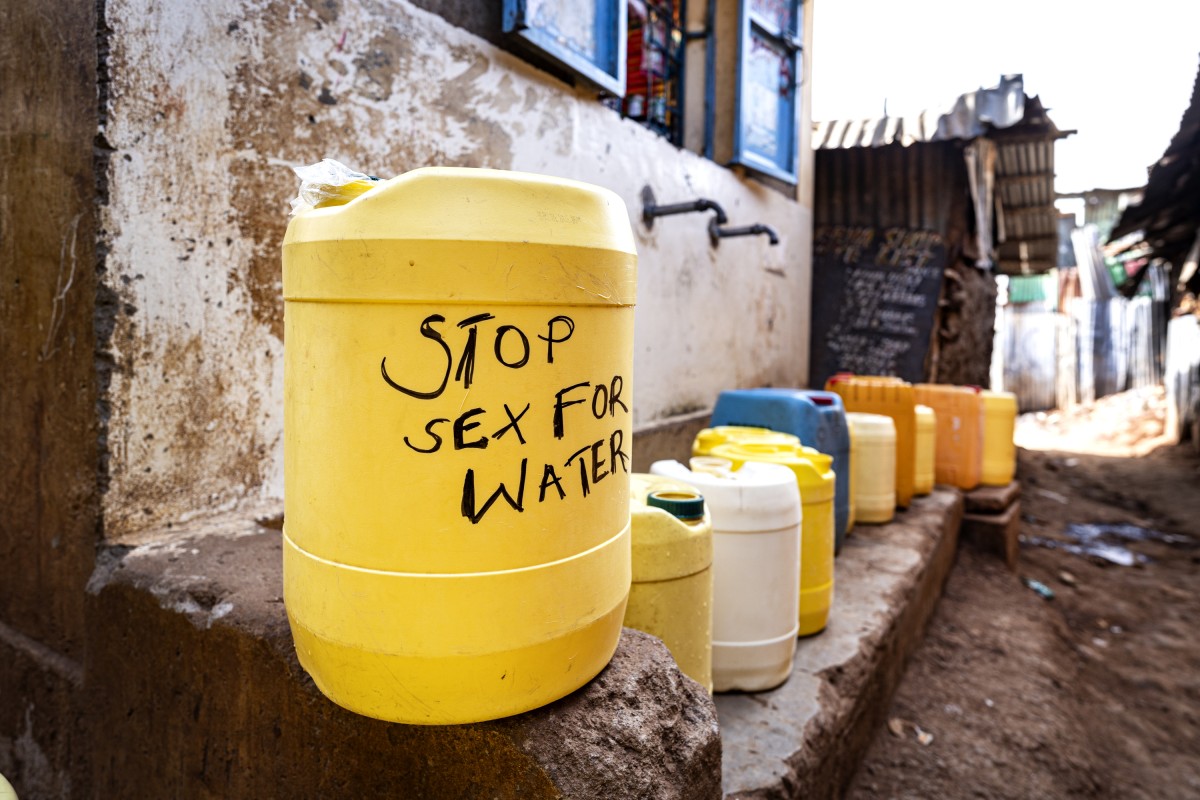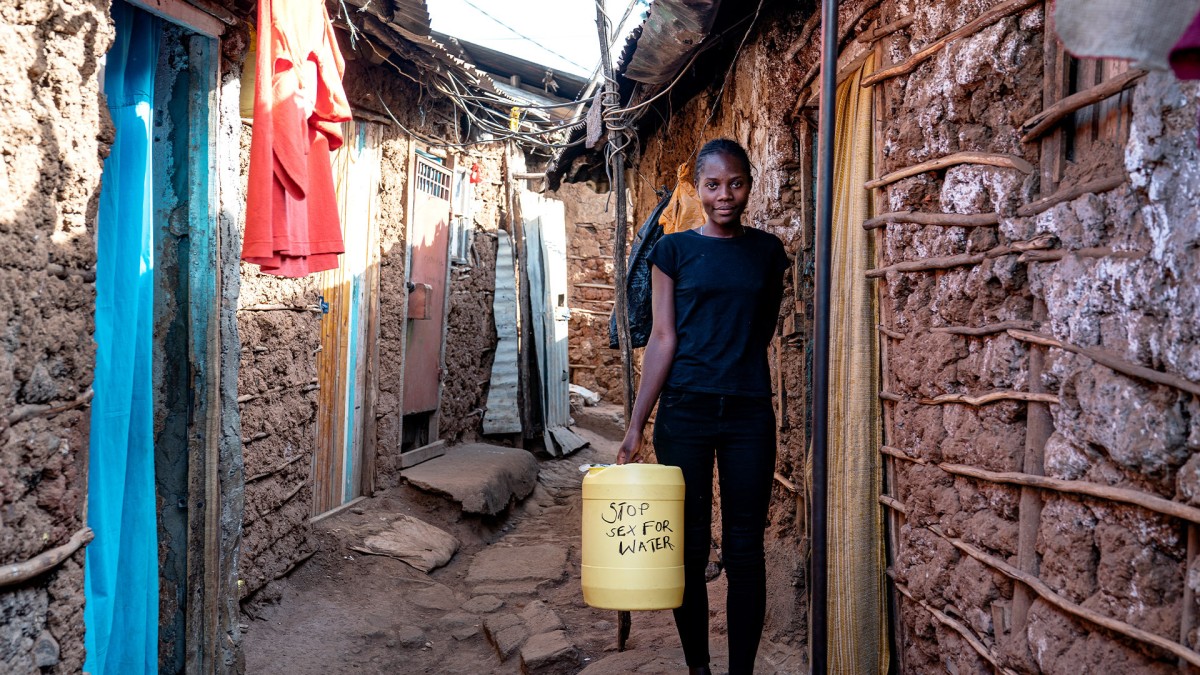New steps in Kenya to tackle sextortion
Officially criminalising sextortion. In Kenya, a coalition of civil society organisations and female parliamentarians are working hard to achieve this. An important step in the fight against sextortion, a form of corruption in which sexual favors are demanded in exchange for access to essential services such as water.

How do you combat abuse that is not covered by law? Thanks to efforts of civil society organisations such as the African Civil Society Network for Water and Sanitation (ANEW) and Kenya Water and Sanitation Network (KEWASNET), both partners of Simavi, sexual extortion of women has received increasing attention. Sareen Malik, director of ANEW: ‘We can promote human rights and human dignity through the water sector.’ Eventually, this message also reached Kenyan politicians.
Female parliamentarians have taken action to tighten the legislation. In April, parliamentarian Esther Passaris presented a petition to criminalize sextortion, on behalf of a delegation of women. She stressed that current laws are insufficient to address this specific form of abuse, and that new legislation is needed to ensure justice for the many victims who experience this form of corruption daily.
These developments mark a significant step forward in the fight against gender-based violence and corruption in Kenya. The involvement of both civil society organisations and political leaders underlines the growing recognition of sextortion as a serious problem that requires urgent action. If passed, this legislation would not only signal the Kenyan government’s commitment to gender equality, but would also set an important precedent for other countries in the region facing similar problems.

Need for international action
Simavi has started a petition to draw international attention to the practice of sex for water. This petition is addressed to the United Nations Special Rapporteur on Water and Sanitation. The role of the Special Rapporteur is to monitor how the universal human right to access to water and sanitation is implemented worldwide. He receives complaints based on which he takes action to address them. Country missions are carried out, during which countries are personally visited by the Special Rapporteur. He conducts research on site and holds discussions with various people and civil society organisations. These investigations lead to recommendations for governments.
Sabine Brusse, campaign leader at Simavi: ‘Sextortion occurs in many countries where there is a lack of good water supplies and women have an unequal position. More research is needed into the specific problem of sex for water, and we ask the United Nations Special Rapporteur on water and sanitation to ensure that this problem is put on the radar of governments and water organisations worldwide.’
‘The developments in Kenya are a great step forward and show how important it is to exert pressure. The recommendations of the Special Rapporteur offer civil society organisations and other stakeholders the opportunity to inform governments and increase the pressure.’

